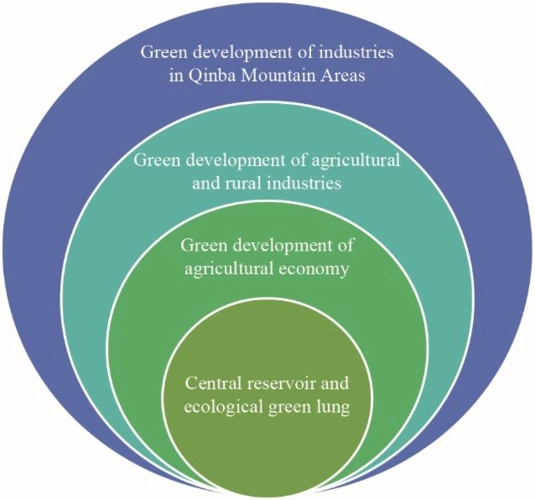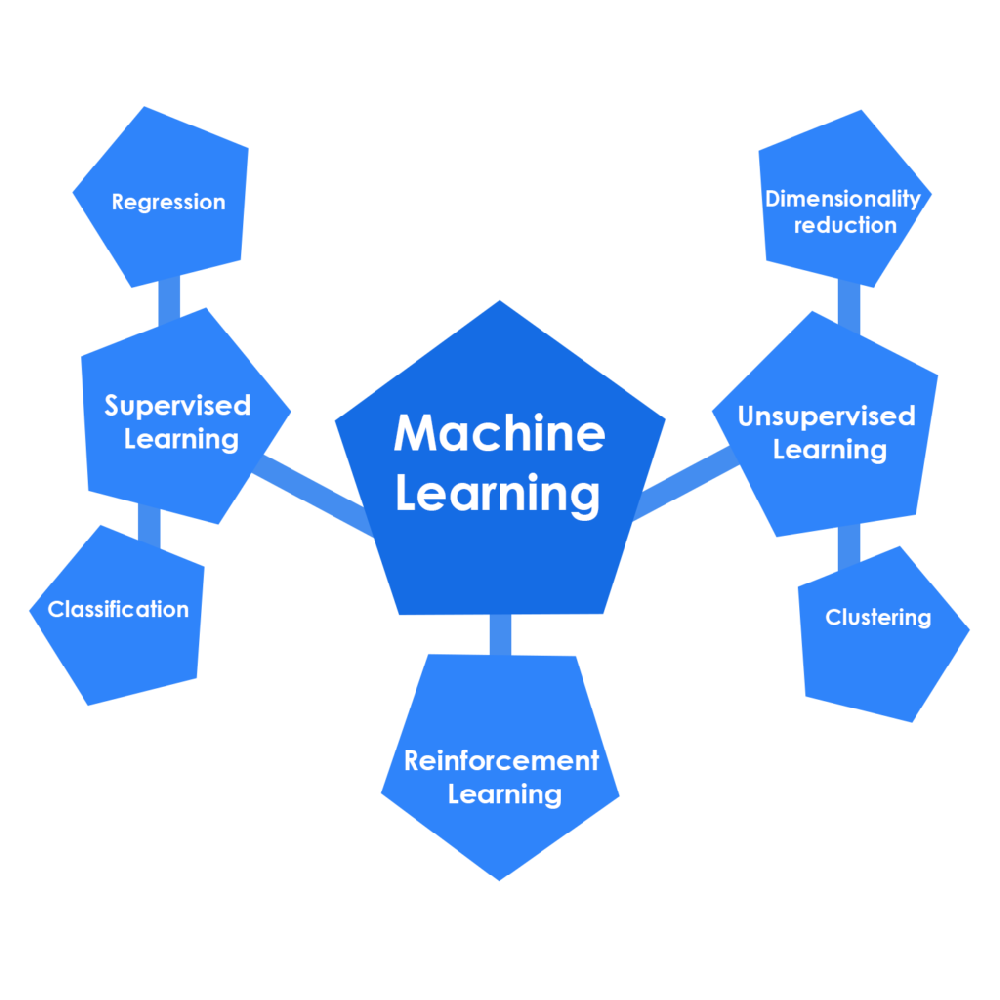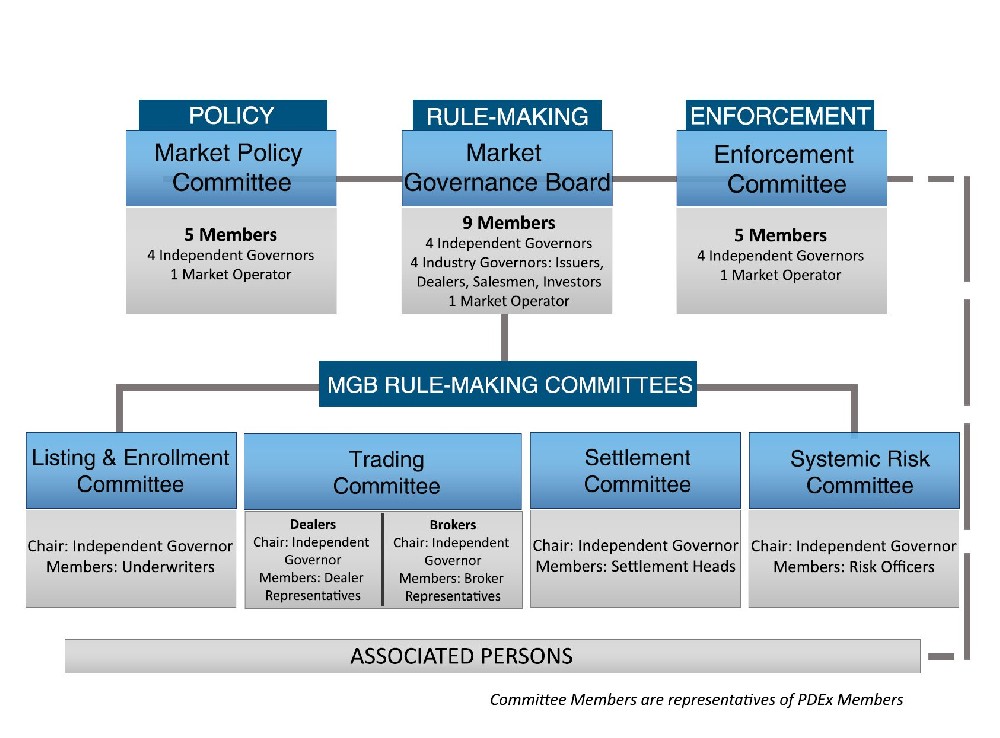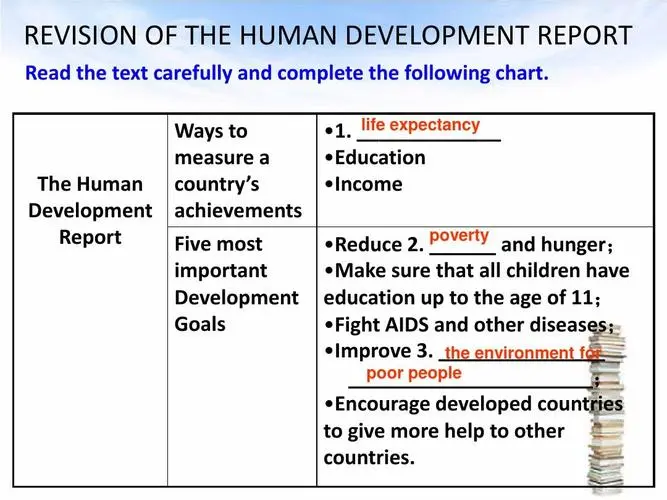The U.S. Department of Labor recently released its report on the Producer Price Index (PPI) for October, revealing a notable decrease of 0.5% compared to September. This decline marks the first since May and the most significant drop since April 2020. Additionally, the year-over-year increase in the PPI for October 2022 was 1.3%, down from September's 2.2%, representing the smallest rise since July of the previous year.
In contrast, the core Consumer Price Index (CPI), which excludes the volatile costs of food and energy, remained steady from September to October, with a year-over-year increase of 2.4%. This indicates the smallest year-over-year increase in the core PPI since January 2021.
When examining wholesale prices of goods, excluding significant fluctuations in food and energy costs, a decline of 1.4% from September to October was observed, primarily due to a substantial 15.3% drop in gasoline prices. However, service prices remained unchanged.
Despite inflation reaching its highest point in 40 years, leading to the Federal Reserve raising benchmark interest rates 11 times since March 2022, inflation has now slowed significantly due to increased borrowing costs. Wholesale inflation has been decreasing year-over-year since it peaked at 11.7% in March 2022. On Tuesday, the U.S. Labor Department reported that the Consumer Price Index (CPI) remained unchanged from September to October, with a year-over-year increase of 3.2%, which is the smallest increase since June of the previous year. Nevertheless, consumer inflation remains above the Federal Reserve's target of 2%.
Despite the rise in interest rates, the U.S. economy and job market continue to exhibit robust resilience. The combination of a strong economy and slowing inflation has raised hopes that the Federal Reserve can achieve a "soft landing," where interest rates are raised sufficiently to curb inflation without causing an economic recession.
It is worth noting that the Federal Reserve has not increased benchmark interest rates since July of the previous year, leading many economists to believe that its tightening cycle has come to a close. Matthew Martin of Oxford Economics commented on the recent decline in the PPI, stating that "The Fed will welcome signs of a slowdown in rate hikes... coupled with yesterday's CPI report, this supports the case for no further rate hikes."
Overall, these recent developments in the PPI and CPI provide valuable insights into the state of inflation and its impact on the U.S. economy. While there are signs of a slowdown in certain sectors, it is essential to continue monitoring these indicators closely to ensure economic stability and make informed policy decisions moving forward.







